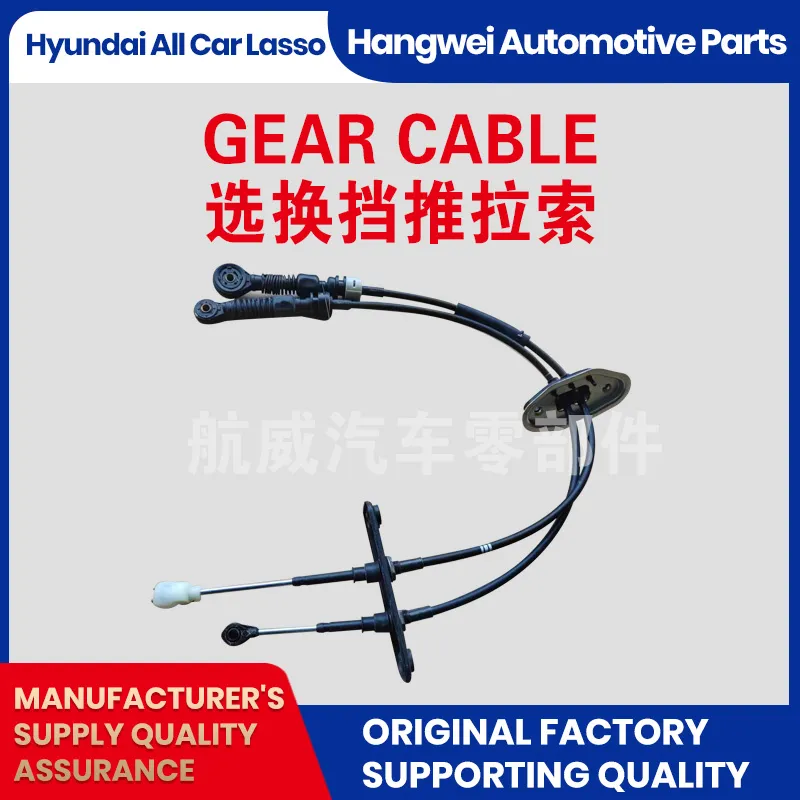Understanding the Importance of Clutch Fluid Line in Vehicle Performance and Maintenance
Understanding Clutch Fluid Lines Essential for a Smooth Driving Experience
The clutch system in a vehicle operates as the primary mechanism that engages and disengages the engine from the transmission. This process is crucial in allowing drivers to change gears smoothly. One of the often-overlooked components in this system is the clutch fluid line, a vital element that ensures the proper functioning of the hydraulic clutch mechanism.
What is a Clutch Fluid Line?
The clutch fluid line is essentially a tube or conduit that carries hydraulic fluid from the master cylinder to the slave cylinder in a hydraulic clutch system. This fluid is responsible for transferring the force exerted by the driver when the clutch pedal is pressed. The hydraulic action generated by this fluid enables the clutch to engage and disengage effectively, which facilitates smooth gear changes.
How Does it Work?
When the driver presses the clutch pedal, the master cylinder generates hydraulic pressure. This pressure is transmitted through the fluid lines to the slave cylinder, which then pushes the release bearing against the pressure plate. This action separates the engine from the transmission, allowing the driver to shift gears without grinding or damaging the gears.
Importance of the Clutch Fluid Line
The proper functioning of the clutch fluid line is essential for several reasons
1. Safety A malfunctioning clutch system can lead to unexpected behavior when changing gears, resulting in dangerous driving situations. Smooth gear transitions are vital for maintaining control of the vehicle.
clutch fluid line

2. Performance A well-maintained clutch fluid line ensures that the clutch engages and disengages efficiently. Any leaks or blockages in this line can lead to a spongy clutch pedal feel, delayed engagement, or even complete clutch failure.
3. Maintenance Regular inspection of the clutch fluid line can help prevent costly repairs. Identifying issues like fluid leaks or wear and tear early can save time and money in the long run.
Common Issues with Clutch Fluid Lines
Several problems can affect the clutch fluid line and, subsequently, the clutch system itself
- Leaks One of the most common issues is fluid leaks, which can compromise the hydraulic system's integrity. Leaks can happen at joints, connections, or where the line is damaged.
- Air Contamination If air enters the hydraulic system, it can lead to a condition known as air in the lines, causing the clutch to feel soft and unresponsive. This situation can often be resolved by bleeding the system to remove the air.
- Corrosion Over time, the fluid in the lines can become contaminated with moisture and debris, leading to corrosion and wear. This degradation can weaken the line, making it vulnerable to leaks.
Conclusion
In conclusion, the clutch fluid line is a critical component of the hydraulic clutch system that plays a significant role in the overall performance and safety of a vehicle. Regular maintenance and inspection of this line are essential to ensure that the clutch operates smoothly and efficiently. By understanding the importance of the clutch fluid line and being aware of potential issues, drivers can take proactive measures to keep their vehicles in optimal condition, ultimately enhancing their driving experience. Whether you're a seasoned mechanic or a casual driver, recognizing the significance of the clutch fluid line is fundamental to vehicle maintenance and safety.
-
Upgrade Your Control with Premium Throttle CablesNewsAug.08,2025
-
Stay in Control with Premium Hand Brake CablesNewsAug.08,2025
-
Experience Unmatched Performance with Our Clutch HosesNewsAug.08,2025
-
Ensure Safety and Reliability with Premium Handbrake CablesNewsAug.08,2025
-
Enhance Your Vehicle with High-Performance Clutch LinesNewsAug.08,2025
-
Elevate Your Ride with Premium Gear CablesNewsAug.08,2025
